solar charge controller types | Quenenglighting Expert Guide
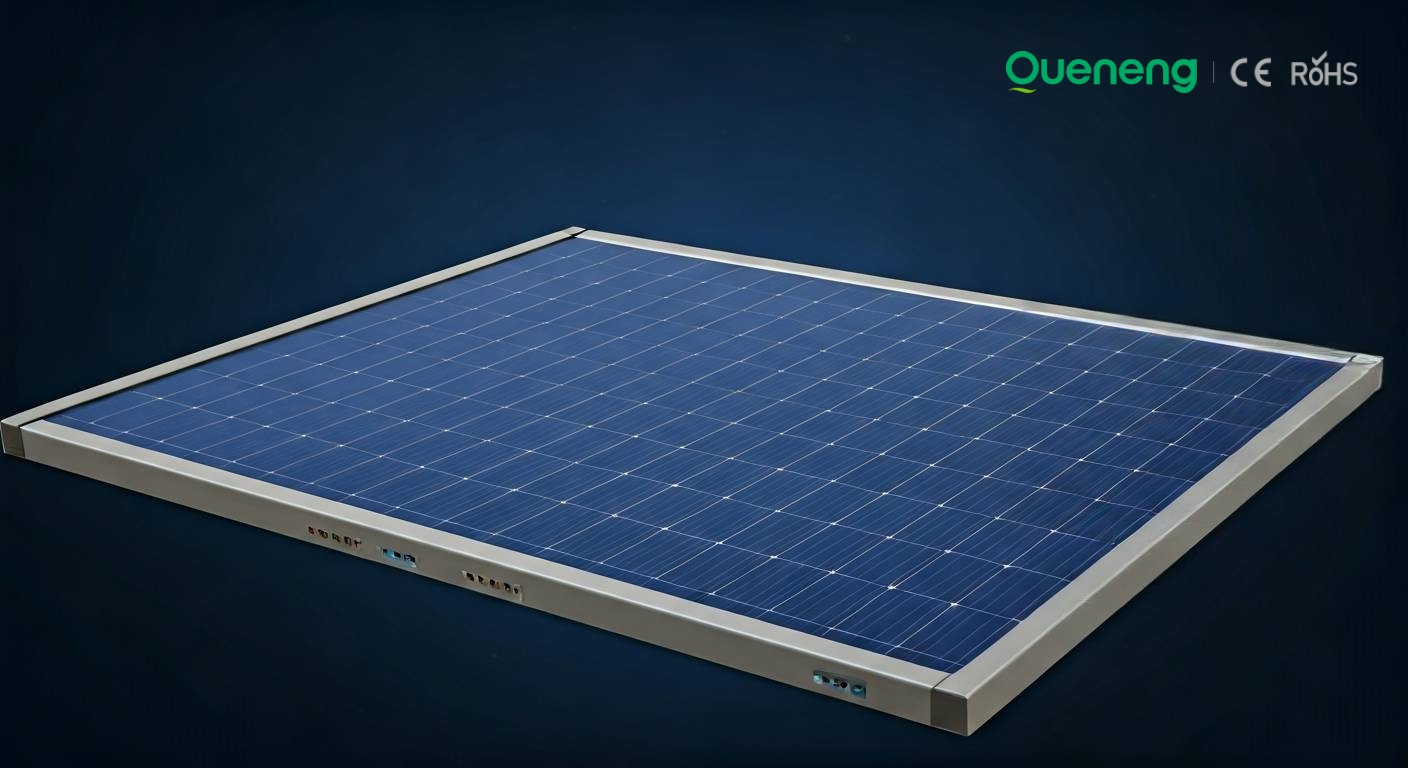
Optimizing Solar Lighting: A Deep Dive into Solar Charge Controller Types
Understanding Solar Charge Controller Types: PWM vs. MPPT
Solar charge controllers are the unsung heroes of off-grid solar power systems, including solar lighting installations. Their primary role is to regulate the voltage and current coming from solar panels to the battery bank, preventing overcharging and deep discharging, thereby extending battery life and ensuring system stability. For professionals in the solar lighting industry, understanding the two main types – Pulse Width Modulation (PWM) and Maximum Power Point Tracking (MPPT) – is fundamental for efficient procurement and deployment.While both perform the essential function of battery management, their underlying technologies and efficiencies differ significantly, impacting system performance and cost. Making the right choice hinges on balancing budget constraints with performance requirements for specific solar lighting applications.
How Do PWM Solar Charge Controllers Work, and When Are They Best Suited for Solar Lighting?
PWM (Pulse Width Modulation) charge controllers operate by rapidly switching the connection between the solar panel and the battery on and off. When the battery reaches a certain voltage, the PWM controller 'tapers' the charging by reducing the pulse width, effectively slowing the charge. This method brings the battery voltage up to the solar panel's voltage, but it does not account for the maximum power point of the solar panel.Key Characteristics & Best Use Cases for Solar Lighting:
- Simplicity and Cost-Effectiveness: PWM controllers are generally less expensive to manufacture, making them a cost-effective choice for smaller, less demanding solar lighting projects.
- Efficiency: Typically 70-80% efficient. They are most efficient when the solar panel's nominal voltage closely matches the battery bank's nominal voltage (e.g., 12V panel with a 12V battery).
- Ideal Applications: Best suited for smaller solar lighting systems, such as garden lights, pathway lights, or simple standalone streetlights where panel-to-battery voltage mismatch is minimal, or where cost is the primary driver over absolute efficiency. For instance, a 10W panel charging a 12V battery will pair well with a PWM controller.
- Limitations: They cannot optimize power if the panel voltage significantly exceeds the battery voltage, leading to wasted energy, especially in colder temperatures when panel voltage increases.
Why Choose MPPT Solar Charge Controllers for High-Performance Solar Lighting Systems?
MPPT (Maximum Power Point Tracking) charge controllers are a more advanced solution. They continuously track the maximum power point (MPP) of the solar array, converting excess voltage into additional current. This allows the solar panel to operate at its optimal power output regardless of temperature or battery state of charge.Key Characteristics & Benefits for Solar Lighting:
- Superior Efficiency: MPPT controllers can achieve efficiencies of 92-99%, significantly outperforming PWM controllers, especially in scenarios where panel voltage is much higher than battery voltage (e.g., using 60-cell solar panels designed for grid-tie systems with a 12V or 24V battery bank). This translates to 10-30% more energy harvest compared to PWM controllers, particularly under suboptimal conditions like cloudy days or high temperatures.
- Flexibility: They offer greater flexibility in panel selection, allowing for higher voltage panels to be used with lower voltage battery banks, simplifying wiring and reducing power losses over long cable runs.
- Enhanced Performance: Critical for commercial solar streetlights, intelligent parking lot lighting, or remote power systems where maximum energy harvesting and reliable operation are paramount. For example, a 200W solar panel paired with a 24V battery bank will yield significantly more power with an MPPT controller.
- Advanced Features: Many MPPT controllers include sophisticated features like multi-stage charging, data logging, remote monitoring, and programmable load control, which are vital for complex solar lighting deployments.
Key Factors to Consider When Selecting a Solar Charge Controller for Commercial Solar Lighting Projects
When procuring solar charge controllers for professional solar lighting applications, several critical factors must be evaluated beyond just PWM vs. MPPT:- Voltage Compatibility: Ensure the controller's input voltage range accommodates your solar panel array's open-circuit voltage (Voc) and its output voltage matches your battery bank's nominal voltage (12V, 24V, 48V, etc.).
- Current Rating: The controller's maximum charging current must be sufficient for your solar array's short-circuit current (Isc) plus a safety margin (typically 25%). For example, a 200W, 12V nominal panel will produce approx. 11A (200W/18Vmp).
- Battery Type Support: Verify compatibility with the battery chemistry being used (e.g., Flooded, Sealed Lead-Acid, Gel, AGM, Lithium-ion – LiFePO4 requires specific charging algorithms).
- Load Control: Many solar lighting controllers integrate load control functions, allowing programmable lighting schedules (dusk-to-dawn, dimming, motion sensing). This is crucial for energy management in streetlights.
- Environmental Protection (IP Rating): For outdoor solar lighting, the controller must have an adequate IP rating (e.g., IP65 or IP67) to protect against dust and water ingress.
- Temperature Compensation: Essential for battery longevity, as battery charging voltage requirements change with temperature. Most quality controllers include this feature.
- Communication and Monitoring: For larger projects, controllers with RS485, CAN bus, or Bluetooth/Wi-Fi connectivity for remote monitoring, data logging, and system diagnostics are invaluable.
- Certifications: Look for certifications like CE, RoHS, UL, which indicate adherence to safety and quality standards.
Addressing Common Challenges and Ensuring Longevity in Solar Charge Controller Deployment
Proper installation and maintenance are key to the longevity and performance of solar charge controllers in lighting systems. Common challenges include:- Improper Sizing: Undersized controllers can lead to failure, while oversized ones add unnecessary cost. Always calculate current and voltage requirements carefully.
- Heat Dissipation: Controllers generate heat. Ensure adequate ventilation, especially for higher current units. Mounting in direct sunlight or enclosed, unventilated spaces can reduce lifespan.
- Wiring Mistakes: Incorrect polarity, loose connections, or undersized wiring can lead to efficiency losses, overheating, or system damage. Always follow manufacturer's instructions and local electrical codes.
- Environmental Exposure: Even with high IP ratings, consistent exposure to extreme temperatures, humidity, or corrosive environments can degrade components over time. Regular inspection is recommended.
- Firmware Updates: For advanced MPPT controllers, keeping firmware updated can improve performance, add features, and fix bugs.
- Quality vs. Cost: While cost is a factor, opting for extremely cheap, unbranded controllers often results in lower efficiency, shorter lifespan, and potential safety risks. Invest in reputable brands known for reliability and customer support.
By carefully considering these factors and implementing best practices, solar lighting professionals can procure and deploy solar charge controllers that ensure optimal performance, extended battery life, and reliable operation of their solar lighting systems for years to come. The right charge controller isn't just a component; it's the brain of your off-grid solar lighting solution.

Have more questions about our products or services?
The latest hot news you might like



A comprehensive 2026 guide to solar street light pricing. Covers commercial installation costs, LiFePO₄ battery trends, smart IoT features, and a detailed ROI comparison against traditional grid lighting.

A comprehensive 2026 outlook on integrated solar street lights, featuring performance benchmarks like bifacial panels, LiFePO₄ batteries, and Smart City IoT integration for maximum ROI.
FAQ
Solar Street Light Luqing
How bright are solar street lights?
Solar street lights are equipped with high-efficiency LED lights that provide bright, consistent illumination. The brightness typically ranges from 2,000 to 12,000 lumens, depending on the model, providing clear and effective lighting for streets, parks, and public areas.
APMS system
What scenarios is the APMS system suitable for?
The APMS system is widely applicable in remote off-grid areas, extremely cold climates, and industrial sites with high energy stability requirements, such as mines and oil fields.
Commercial and Industrial Parks
Can the solar lights operate during cloudy or rainy days?
Yes, our lights have battery backup systems that ensure functionality for up to 3 days without sunlight.
Schools and Educational Institutions
How are the solar lights maintained?
Solar lights require minimal maintenance, typically only occasional cleaning of the solar panels and checking the battery and light functions.
Battery and Analysis
What is over-discharge and what effect does it have on battery performance?
Distributors
What are the benefits of becoming a Queneng distributor?
As a Queneng distributor, you will gain access to high-quality, customizable solar lighting products, competitive pricing, marketing support, and exclusive distribution rights in some regions. We provide comprehensive training, technical support, and reliable logistics to help grow your business.

The Solar Streetlights of Luhao for Municipalities are designed to deliver reliable, energy-efficient, and cost-effective public lighting solutions. Equipped with advanced LED technology, durable lithium batteries, and high-efficiency solar panels, these streetlights provide consistent illumination for roads, parks, residential areas, and government projects.
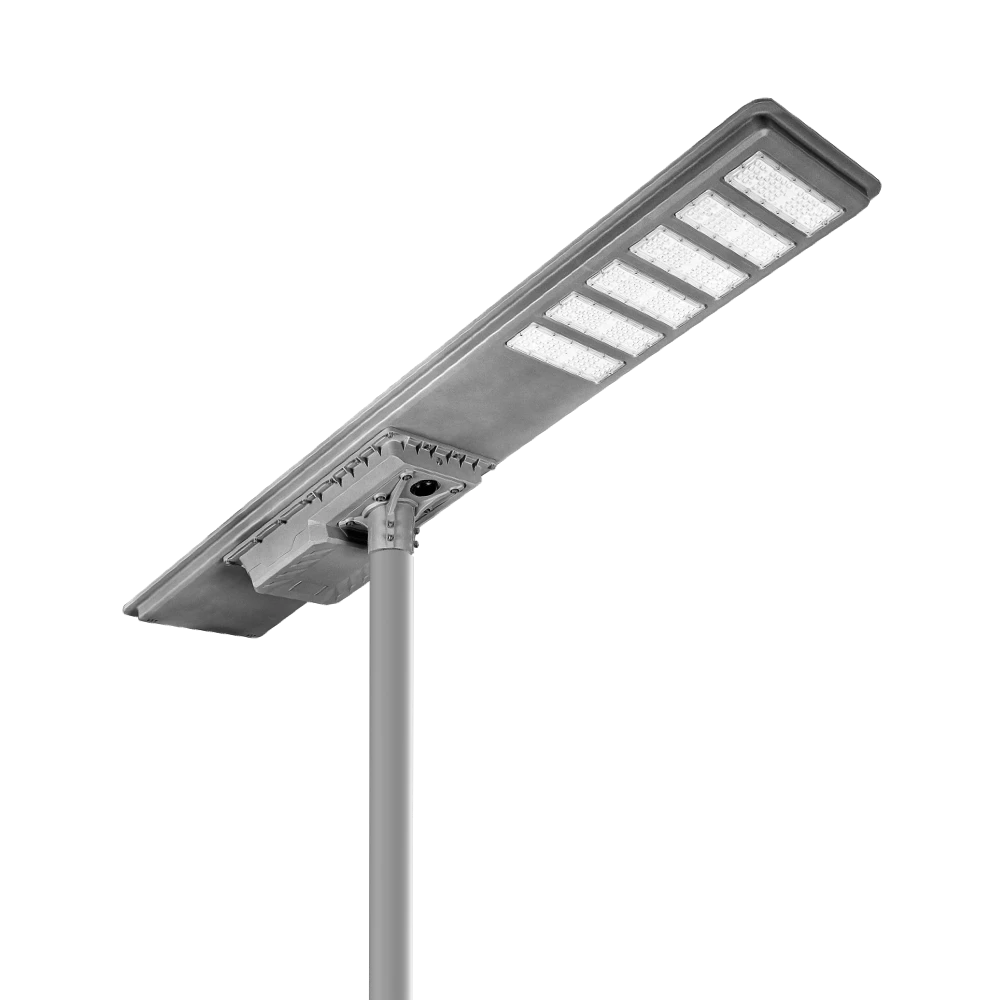
Queneng's Luqiu Innovative Solar Street Light offers energy-saving, durable outdoor lighting. This solar power street light provides a reliable and eco-friendly solution for illuminating your streets and pathways.
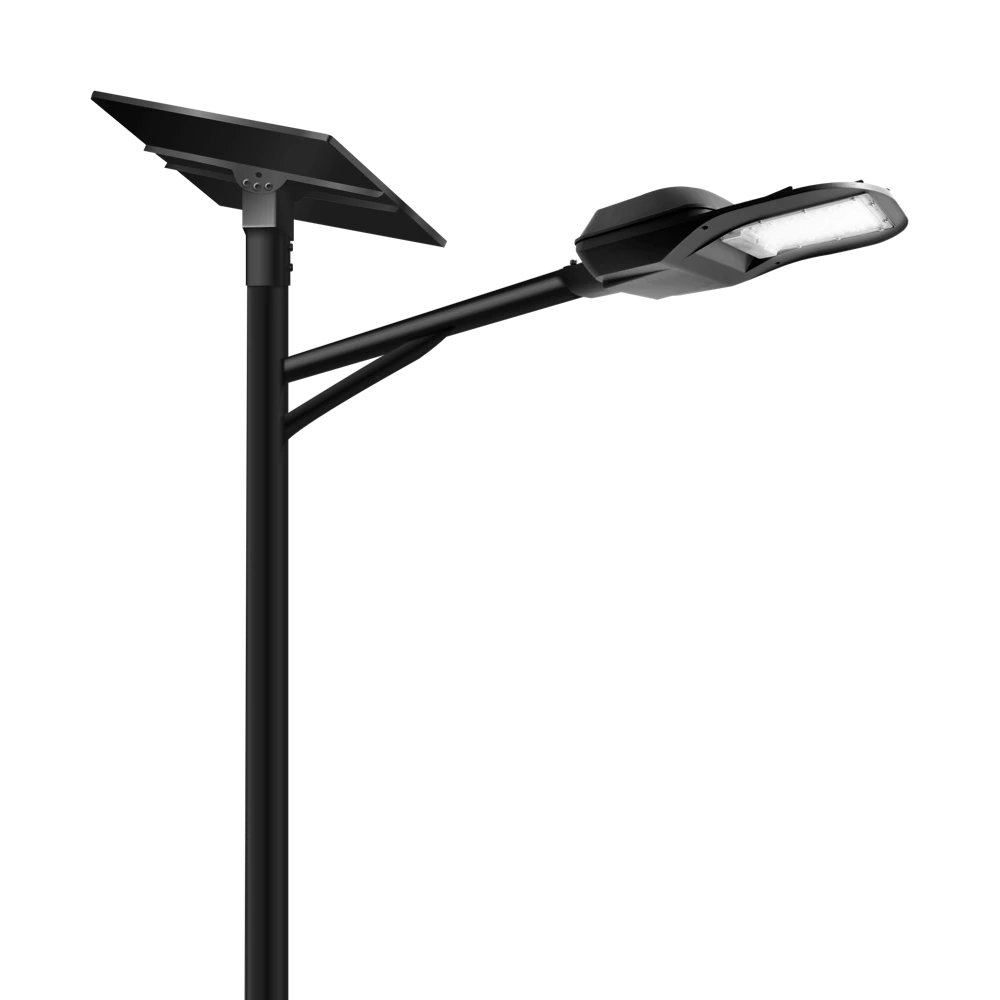

Lubai is an integrated solar street light designed for stable, long‑term outdoor lighting in off‑grid and weak‑grid areas. Combining a high‑efficiency solar panel, LiFePO₄ battery, and intelligent motion sensing, Lubai delivers reliable illumination with low maintenance and fast installation.
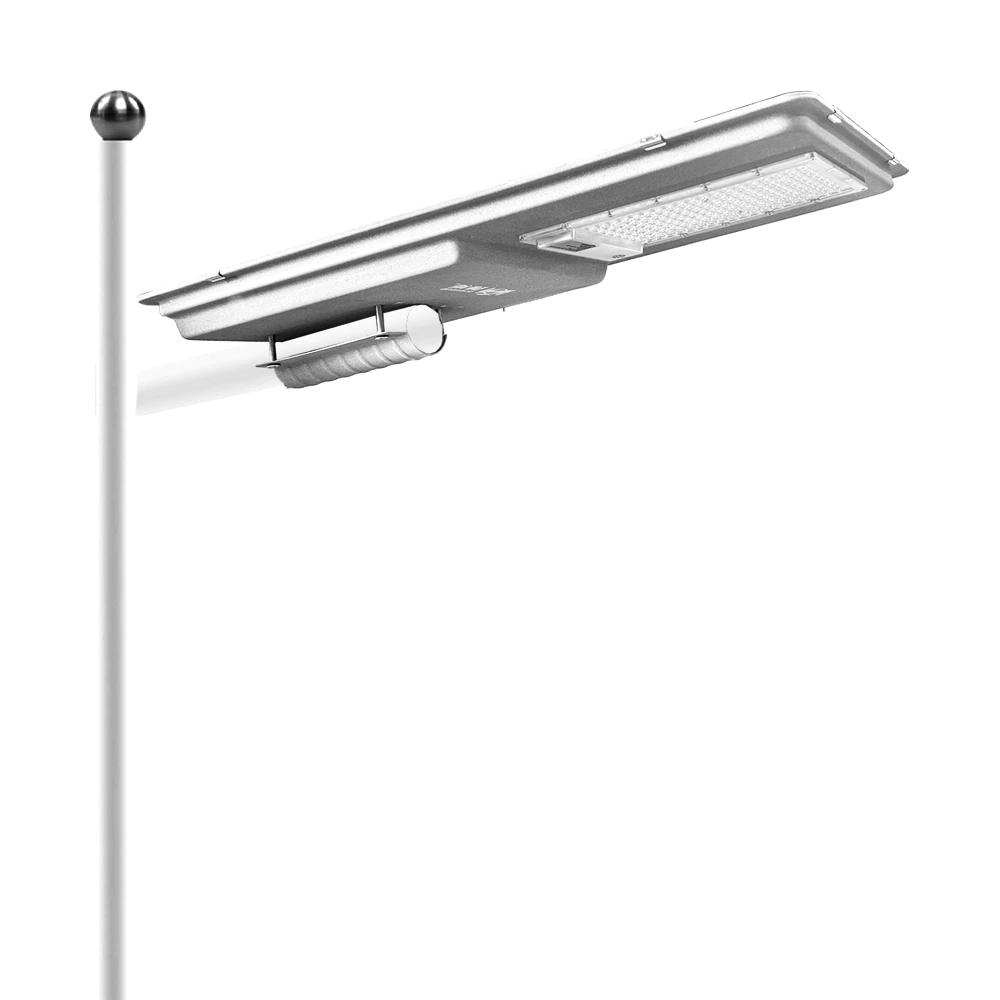
Queneng's Lufa high-efficiency solar LED street lights illuminate urban and commercial spaces brilliantly. These commercial solar LED street lights offer superior energy savings and reliable performance, making them an ideal sustainable lighting solution.
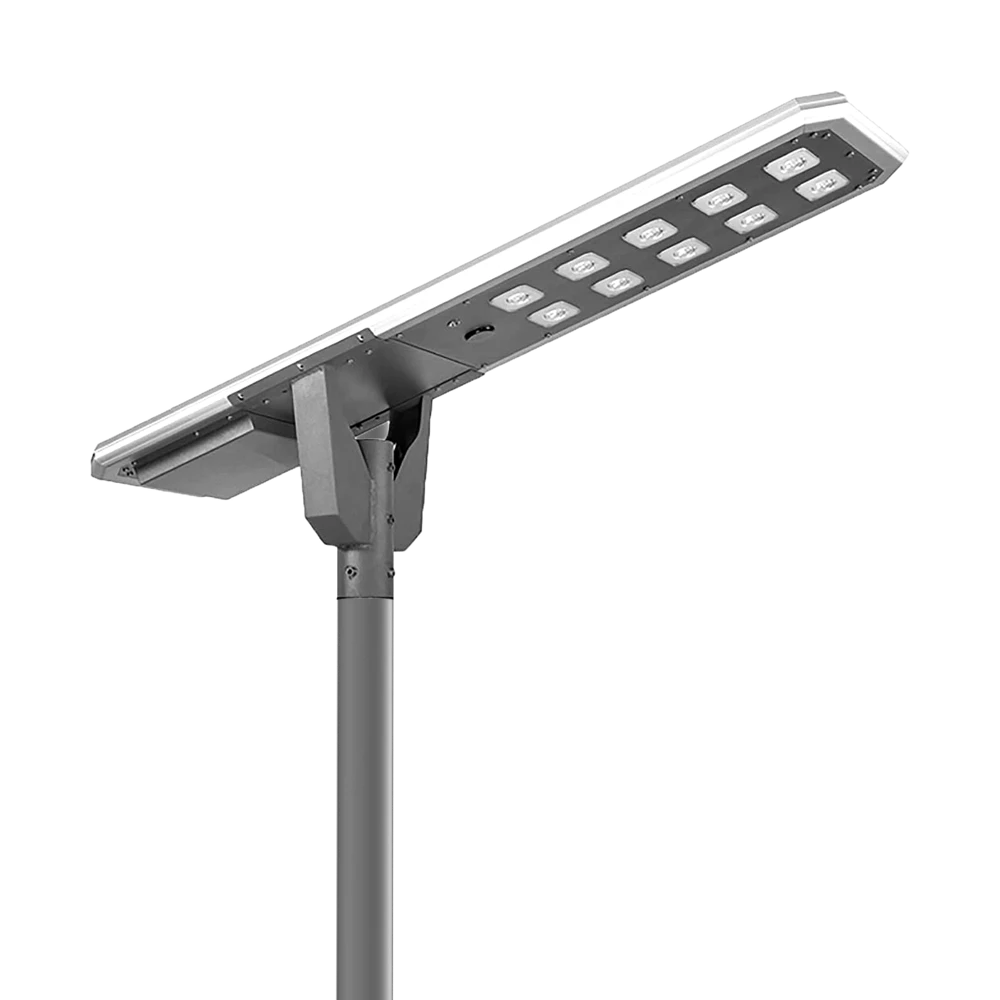
Illuminate your outdoor spaces with the Solar Street Light, a cutting-edge solution combining advanced solar technology and energy-saving LED lighting.
If you would like more information about Queneng solar lighting solutions, please send us a message by filling out the form below. Our professional team will get back to you within 24 hours!
Rest assured that your privacy is important to us, and all information provided will be handled with the utmost confidentiality.
Schedule a Meeting

Book a date and time that is convenient for you and conduct the session in advance.
Have more questions about our products or services?





















